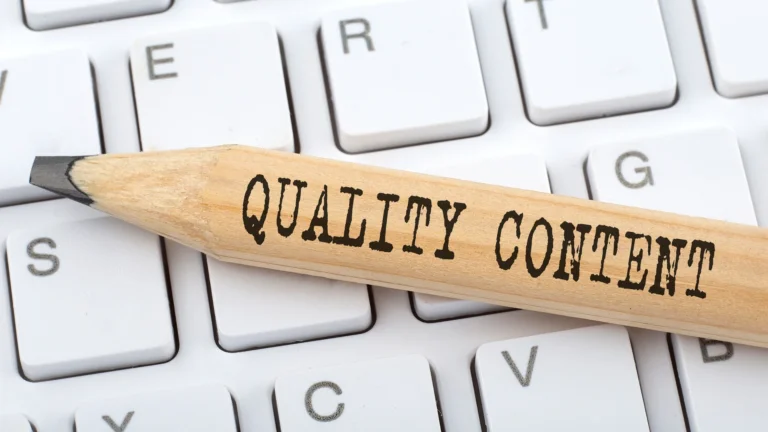A lot of people understand the importance of punctuality at work, though for different reasons. You may value arriving on time so you don’t get fired, or maybe you just like getting the closest parking spot.
Personally, I treat punctuality as a sign of respect. I want my team and my clients to show up on time for meetings, so I do too.
What happens after you’re late

I’m on a call with a colleague, having a good time. We’re chatting about topic after topic, and just like that, the time slips away from me. Before I know it, I totally forget about the client meeting I have lined up.
Meanwhile, my client is waiting for me. They’re probably beginning to doubt the level of respect I have for our partnership, my time management abilities, and who knows what else.
The client feels angry, rightfully so, and I’m faced with an important decision. When I arrive late to work or miss times for meetings, I impact much more than this one client. I affect my entire team.
Do I make up excuses so the client doesn’t think I screwed up, or do I apologize with honesty?
The truth is, excuses don’t set examples; they create bad habits. When you excuse your own tardiness and everything pans out OK, your team, family, clients, or anyone else looking up to you then learns from your behavior. We create a poor flow of work where everyone makes excuses rather than owning up to their mistakes and learning from them.
I know by now you may be rolling your eyes, thinking, “Rodney, I’m late one time, and now I’ve crumbled the entire foundation of my company?”
No. Being late isn’t necessarily the core problem here. How you respond to your own mistakes is what separates successful leaders from the rest.
What you should and shouldn’t say when you’re late

Mistakes happen, and sometimes you’re going to be late. You can’t always avoid being late, but you do need to own up to your own mistakes.
What you say to your team, boss, or clients when you’re running late can make a world of difference. Let’s start with what you shouldn’t say.
Avoid excuses at all costs. Statements like “My car broke down,” “I was feeling under the weather,” or “My alarm didn’t go off,” only show that you don’t value the importance of punctuality at work.
What you should say when you know you’re running late
So what can you say instead?
Let’s start with the simplest scenario. If you’re running late to something and know your new arrival time, send the other party a notification.
Updates on your ETA go a long way in terms of respect. People can forgive your lack of punctuality when you’re punctual in communicating it.
For example, you can say something like, “I’m so sorry, but I am running late for today’s meeting. I hate to keep you waiting, as I understand how important punctuality is. I will be there in 20 minutes, and I promise I will make it up to you!”
Depending on the scenario and who you’re meeting with, you can notify them with a text, email, or phone call.
What to do when you’ve missed something entirely

In my case, I missed the client meeting entirely. I couldn’t notify them in advance, so how do I respond to this?
First, I need to reply to the client ASAP, though I should really think about what the message says. You want to put yourself in their shoes and imagine what they may be thinking. They don’t care why I was late; they only care that I can still demonstrate my respect for them.
Here’s an example of an email you could send after the fact:
“I am so sorry I missed our meeting this afternoon. Punctuality is something that’s engraved in everything I preach, and yet, I messed up. I know your time is extremely valuable, and I want to apologize for taking advantage of that. There are no excuses for this. I would love to make this up to you if we can find a time to reschedule in the future.”
After addressing the person you missed meeting with, you’re not done yet. Owning up to your mistake means treating yourself as you would treat anyone else on your team.
In my case, if any one of my team members made the same mistake, I would absolutely have something to say. It’s important; it’s part of our culture which I have worked hard to build throughout my years running this business.
So I did exactly that. I held a meeting to call myself out on my mistake. I did not do so to create excuses or to let anyone make me feel better about the missed meeting. Rather than letting my team hear about my lack of punctuality through the grapevine, I got ahead of the situation.
I feel I handled a bad situation the best way I could. Now, when preaching the importance of punctuality at work, I’ve gained a new perspective on responding to mistakes in a respectful way.











